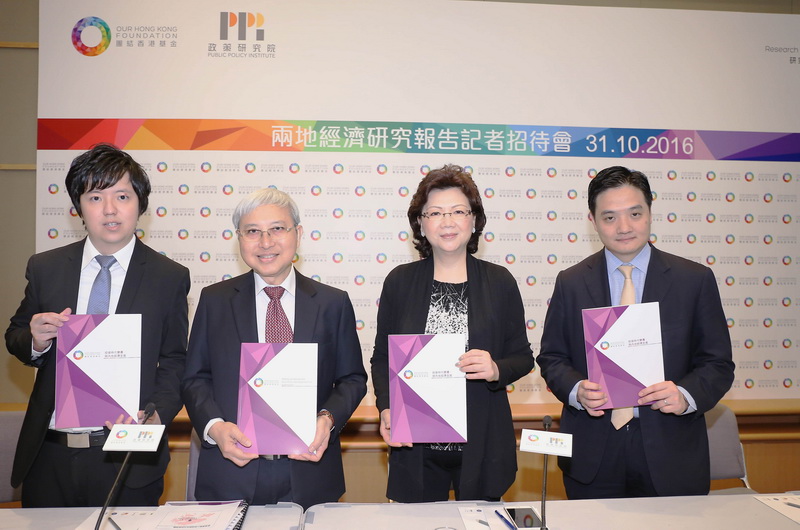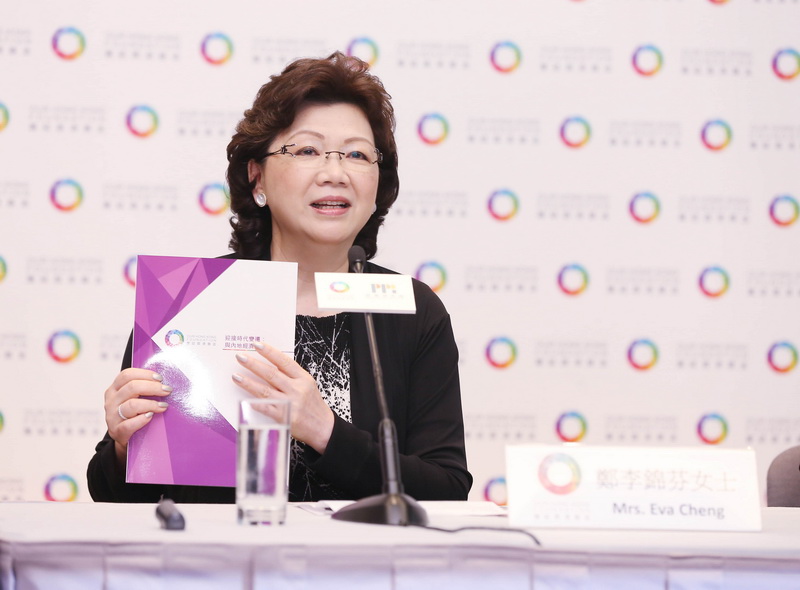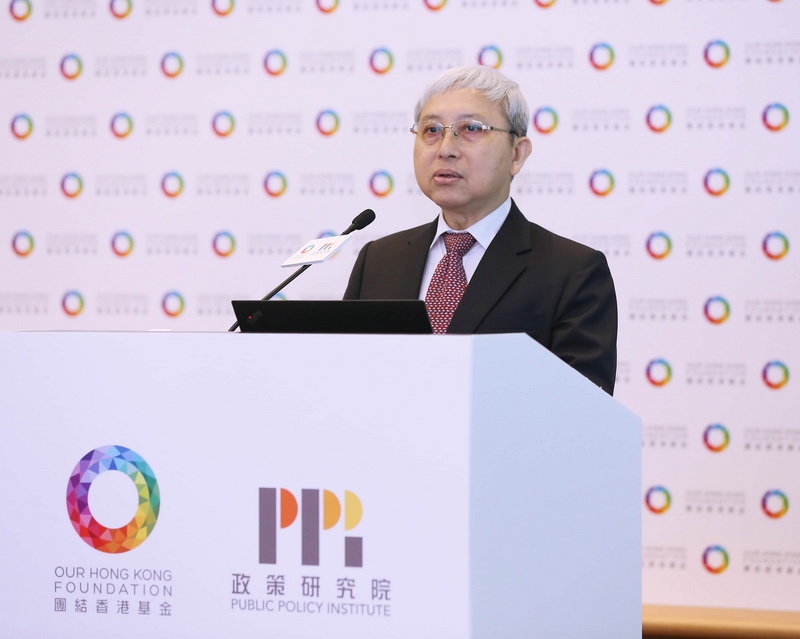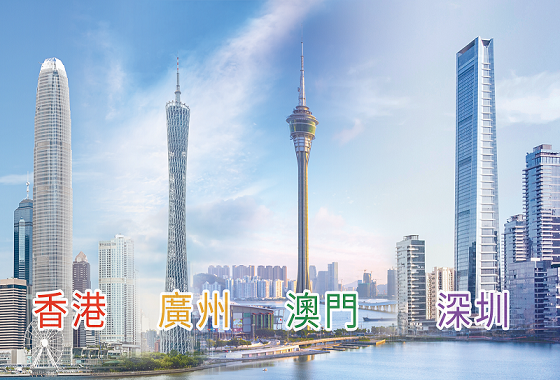Our Hong Kong Foundation Mainland-Hong Kong Economic Relations Research
“Riding on Mainland’s Economic Development in a New Era”

Our Hong Kong Foundation (OHKF) releases its first research report on Mainland-Hong Kong economic relations. By analysing the economic success of different Small Open Economics, the economic relation between Hong Kong and the Mainland, and taking into account the need for economic growth and the Mainland China factor, the report points out that Hong Kong must continue to remain open to the world in order to achieve economic success. As Mainland-Hong Kong economic relations enter a new era, future relations between the two sides will become increasingly intertwined; in this regard the report suggests that Hong Kong should establish a closer partnership with the Mainland in the three areas of trade flow, capital flow and people flow.

The report released by OHKF is entitled "Riding on Mainland’s Economic Development in a New Era". The report was led by Professor Liu Pak-wai, Research Professor of the Lau Chor Tak Institute of Global Economics at The Chinese University of Hong Kong. The report points out that the Mainland plays an important role in different aspects of Hong Kong's economic development. Although there has been a sharp drop in the percentage of Hong Kong to the Mainland's external trade, the importance of Hong Kong to the Mainland’s process of capital account liberalisation, internationalisation of the Renminbi, and its bid to further integrate into the global economy cannot be ignored.
Professor Liu Pak-wai said: "Hong Kong must adapt itself to the "new normal" of the Chinese economy by positioning itself as a close cooperative partner and strive to become an indispensable player in this new stage of economic growth. This report specifically addresses the three areas of trade flow, capital flow and people flow, and put forward a set of policy recommendations."

In terms of trade flow, the demand for high-value products and services in the Mainland will increase as the urban population and household incomes increase. Hong Kong should therefore seize the opportunity to provide high value services, including the development of high-end tourism, medical and beauty care tourism, cruise tourism, meetings, incentives, conferencing and exhibitions tourism (MICE) etc., and act as an intermediary to provide professional services for the "One Belt One Road" projects. Additionally, the Government should encourage Hong Kong service suppliers benefiting from CEPA to outsource parts of their businesses in the Mainland to Hong Kong in order to create more employment opportunities. The Government should seize the opportunities arising from the huge film market in the Mainland by strengthening the development of film services. Furthermore, Hong Kong should also expand the export of financial services.
In terms of capital flow, OHKF believes that Hong Kong's unique advantages as an international financial centre can serve as a gateway to the two-way capital flow of China. The Renminbi offshore market in Hong Kong can serve as a pilot platform for the opening of China’s capital account and the introduction of Renminbi-denominated investment products. Hong Kong should position itself as an offshore "supermarket" to provide diversified Renminbi-denominated securities to international investors. In addition, Hong Kong can become a financial hub for countries along the ‘One Belt One Road’ by providing a platform for US dollar and Renminbi financing.
In terms of people flow, Hong Kong is a place that attracts high-skilled talents from the Mainland to work and live. Hong Kong should learn from Singapore's immigration policy to find more efficient ways of attracting high-skilled immigrants to increase Hong Kong's human capital stock, to alleviate the problems of population ageing and labour shortage. The Government should properly formulate a long-term population and infrastructure plan, review the immigration policy from a new perspective, attract younger and highly educated immigrants through a variety of channels, and gradually raise the quota of immigrants in phases to allow infrastructure development to catch up with the needs of the migrant population and relieve the pressure on the society.
"The Mainland is Hong Kong's largest trading partner, accounting for nearly 50% of Hong Kong's total trade. In terms of investment, the Mainland is also an important source of Hong Kong's inward FDI accounting for 30% of total Hong Kong's inward FDI at the end of 2014," said Mr. Kenny Shui, Senior Researcher at OHKF. “With the internationalisation of the Renminbi and the increasing savings and wealth of the Mainland, it provides more financial services opportunities for Hong Kong. For the development of innovation and technology industries, the Mainland can be a hinterland to address the problem of land shortage and small market size in Hong Kong."
Undoubtedly, Hong Kong's economic relation with the Mainland is intertwined in the future. Hong Kong must maintain a good and cooperative relationship with the Mainland. With the restructuring of the Mainland’s economy, Hong Kong can also provide appropriate support to the Mainland's development strategy. Moreover, by combining the advantages of Hong Kong and the Mainland, a win-win scenario between the two sides will continue.



